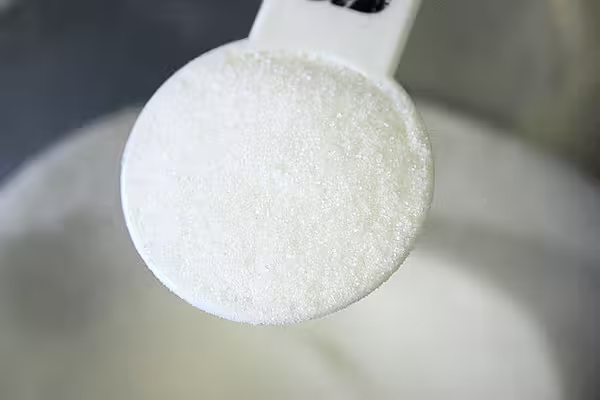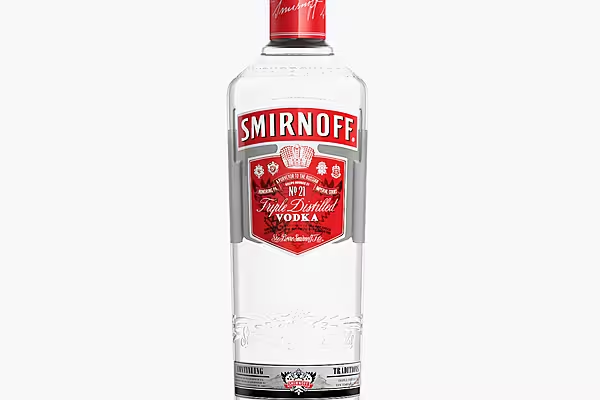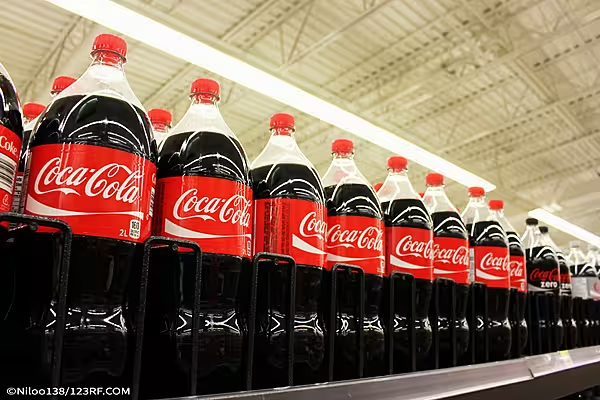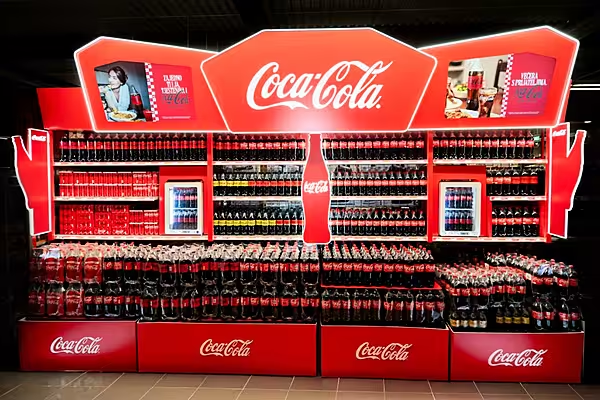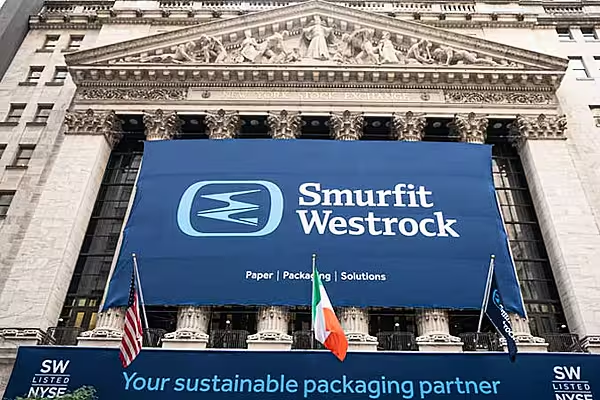Israel will lobby European governments and consumers to rebuff the European Union's proposal to label the origin of goods imported from the West Bank and Golan Heights.
A “buycott” campaign conducted on all media formats will encourage EU shoppers to purchase Israeli products in defiance of the recommendation Wednesday to designate the origin of Israeli goods produced in territories seized during the 1967 Middle East war. Israeli government officials, who say the move unfairly singles out their country, will urge member states to take a critical look at the proposal and is even considering legal action against the EU through the World Trade Organization, according to Foreign Ministry spokesman Emmanuel Nahshon.
“We will try to convince as many member states as possible to implement the directives in a way which is more favorable to us,” Nahshon said on Thursday. “There is a margin of interpretation.” He declined to elaborate.
Israel said Wednesday it will suspend talks with the European Union in various forums set to take place in coming weeks. Israeli Prime Minister Benjamin Netanyahu condemned the recommendation as “hypocritical” for making an exception of Israel even though other countries are embroiled in territorial disputes.
Deeper Division
The dispute reflects a deeper division over Israel’s West Bank settlements, which the EU views as a breach of international law and considers an obstacle to Israeli-Palestinian peacemaking that last broke down more than a year ago. The EU already denies goods produced in the settlements the preferential customs treatment given to other Israeli exports.
Because settlement products account for only a small proportion of Israel’s exports to the European Union, the fallout is seen in Israel as more of a diplomatic blow than an economic one. The EU is Israel’s biggest foreign market, accounting for about a third of the country’s trade.
The “buycott” campaign may offset some of the lost sales. For many consumers, it is also “going to be a kind political statement,” Nahshon said.
“There are very big Jewish communities in Europe and I don’t think they will not buy Israeli products because of the labeling,” he said.
Legal Challenge
Some individual EU countries have already set guidelines on labeling settlement products, including the UK, Belgium and Denmark. The labeling has led to a decline in recent years of food and flower exports to Europe produced by agricultural settlements in the West Bank’s Jordan Valley, according to Israeli officials.
Israel has been looking “for some time” into challenging the recommended designation through the WTO’s dispute-resolution process, said Nahshon, the Foreign Ministry spokesman.
“We are not sure whether this is the right way to go or not,” he said. “There are different legal opinions. It’s not a clear-cut issue.”
Israel may prefer to first try to appeal to EU member nations, then take legal action only if countries actually start labeling products, law professor Eugene Kontorovich of Northwestern University said by phone.
News by Bloomberg, edited by ESM. To subscribe to ESM: The European Supermarket Magazine, click here.


